Congressional leaders and Black Caucus mark 400th anniversary of slavery in Kente
Members of Congress observed the 400th anniversary Tuesday of the arrival of the first enslaved Africans in America at a time of renewed interest over the history of slavery and its continued impact on contemporary society.

Questions about income inequality, reparations for slavery and other issues from the nation’s history of enslaving people are spilling into politics and culture with a reckoning not seen since the Civil Rights era.
The Republican leader of the House, Rep. Kevin McCarthy of California, said slavery in America led to “many shameful moments” in the country, including in Congress.
Senate Majority Leader Mitch McConnell, R-Ky., did not attend the ceremony but said as he opened the Senate that slavery was in many ways the country’s “original sin.”
McConnell’s own family history came under question earlier this year after it was revealed his ancestors reportedly owned slaves generations ago. On Tuesday, he said, while progress has been made, “change has come too slow.”
Speaker Pelosi and CBC delegation tour historic sites in Ghana
Pelosi called for passage of the Voting Rights Act, legislation that is part of a package of House Democratic priorities for Congress, ahead of the 2020 election.
Rep. Karen Bass, D-Ca., the chairwoman of the Congressional Black Caucus, called on colleagues to examine and embrace all parts of the nation’s history.
Congressional Black Caucus delegation lay wreath at Nkrumah park to mark 400th anniversary
“We are so fortunate to live in this amazing country with our incredible history,” Bass said.
“All of our history is what makes this country a great country,” she said, and encourages all Americans to contribute to the “fight to build a more perfect union.”
Source: Myjoyonline
Year Of Return: Ghana’s Ambassador To The US Visits Speaker Pelosi Ahead of Historical Trip
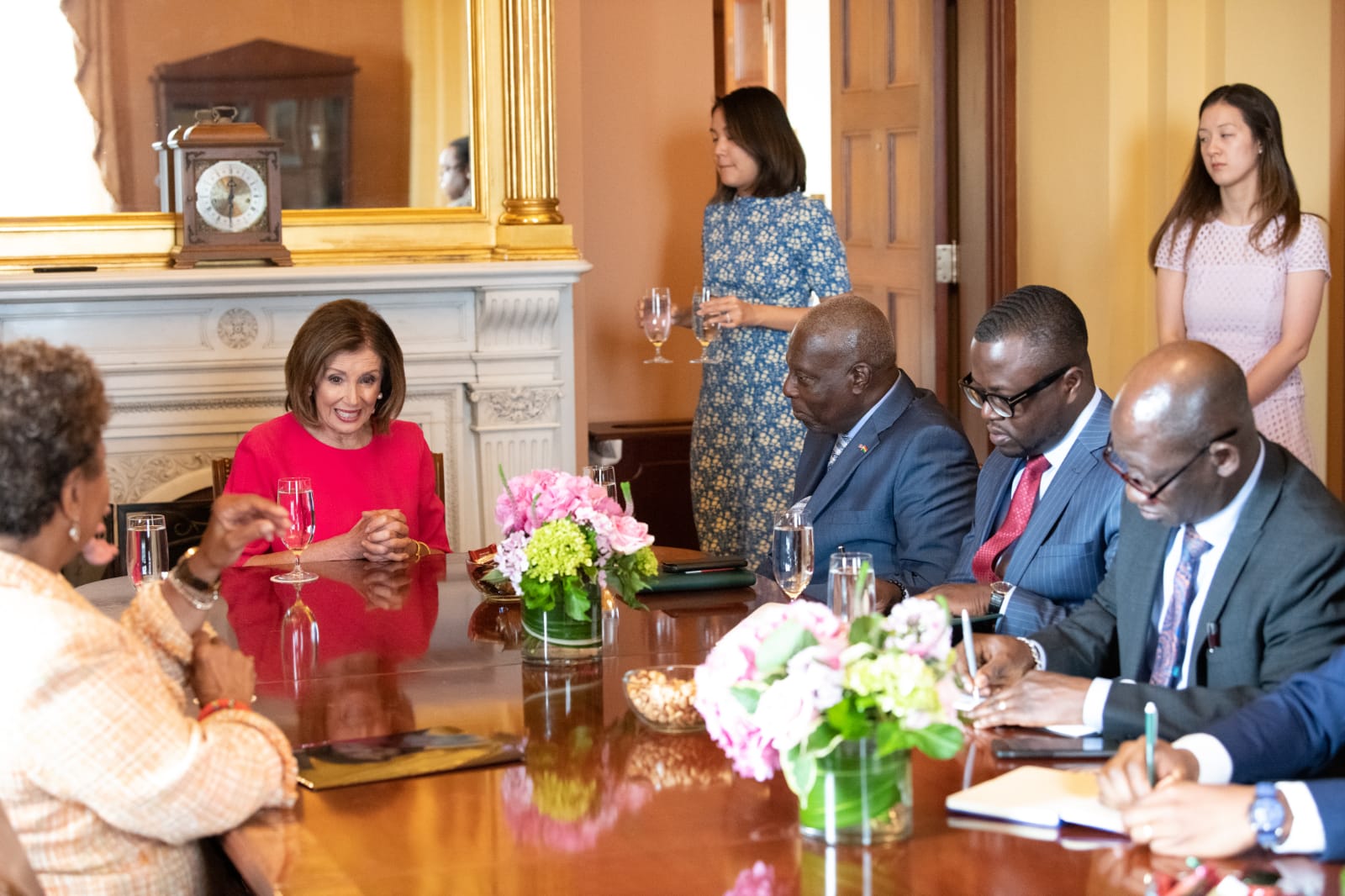
Ahead of the historic trip to Ghana, the Speaker of the United States House of Representatives, Nancy Pelosi, met with Ghana’s Ambassador to the United States, H.E. Dr. Barfuor Adjei-Barwuah, at her office in Washington, D.C. on Thursday, July 25, 2019.
The speaker extended an invitation to Ghana’s Ambassador to review key matters regarding the upcoming trip.
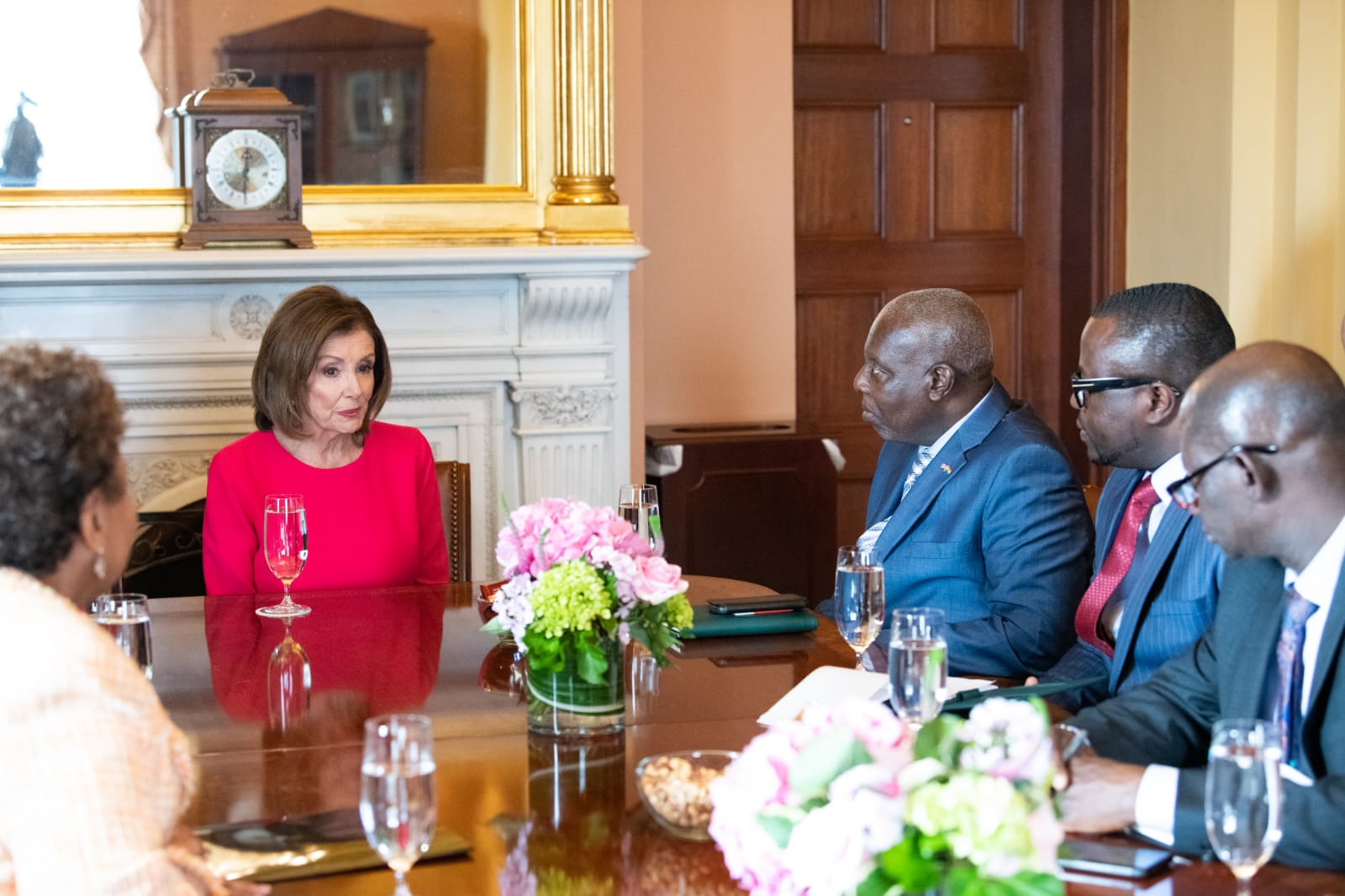 In his remarks, Ambassador Adjei-Barwuah touched on Ghana’s existing relationship with the United States, and the need to enhance the friendship between the two countries. “Ghana is very excited about this trip, and for us, it’s a call to open a new page to ensure a better relationship.”
In his remarks, Ambassador Adjei-Barwuah touched on Ghana’s existing relationship with the United States, and the need to enhance the friendship between the two countries. “Ghana is very excited about this trip, and for us, it’s a call to open a new page to ensure a better relationship.”
On her part, Speaker Pelosi expressed her deepest gratitude to the President and the people of Ghana for commemorating 400 years of the arrival of the first enslaved Africans in Jamestown, Virginia. “We go on many trips, but nothing compares to this one. We feel a special connection because of our history. The historical nature of commemorating 400 years of the arrival of the first enslaved Africans makes this trip special. Truly, this trip strikes to the heart” the Speaker said.
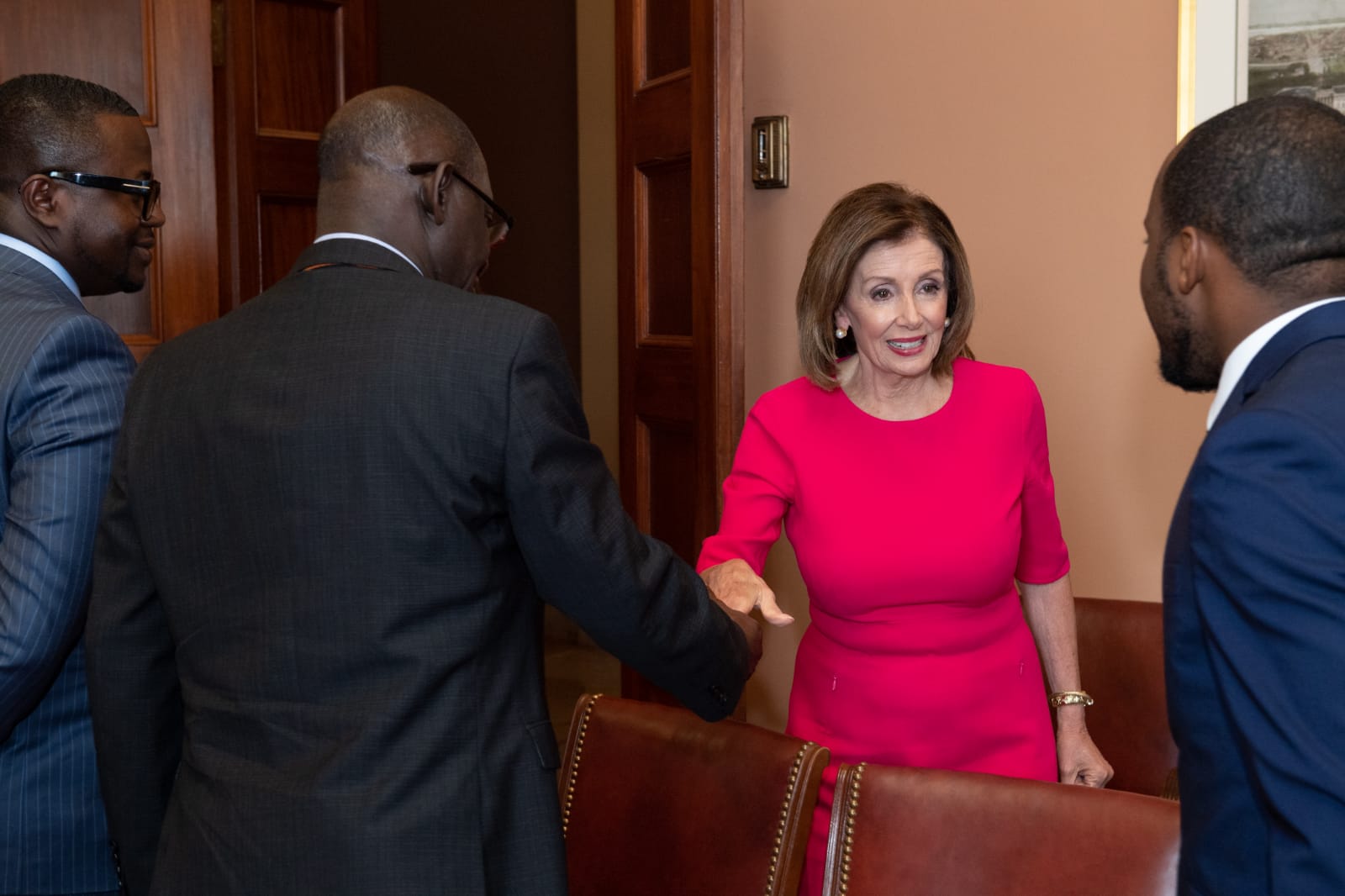 The visit will include a tour of some of Ghana’s historic slave-trading ports including Elmina and Cape Coast Dungeons, the Slave Heritage site at Assin Manso which houses the remains of slave ancestors brought down from the United States including a former U.S. Naval officer, Samuel Carson among others. A forty-member delegation will accompany the Speaker on this trip including members of the Congressional Black Caucus.
The visit will include a tour of some of Ghana’s historic slave-trading ports including Elmina and Cape Coast Dungeons, the Slave Heritage site at Assin Manso which houses the remains of slave ancestors brought down from the United States including a former U.S. Naval officer, Samuel Carson among others. A forty-member delegation will accompany the Speaker on this trip including members of the Congressional Black Caucus.
The Ambassador was accompanied by Joseph Ngminebayihi, Head of Consular Department, Kofi Tonto, Head of Information & Public Affairs and Bernard Acquah, First Secretary/Political Affairs.
Source: Embassy of Ghana, USA
Year of Return: Miss Heritage Global Pageant launched as part of preparation to host the World
The Miss Heritage Global pageant is not like any other beauty pageant. According to Mudzithe Phiri, Business Development Manager of Miss Heritage Global, it’s an international event that is bringing together culture ambassadors from around the world. This pageant is an opportunity for the contestants to share the culture of their home country while learning about others and to experience the culture of other beauty queens through interacting with them.
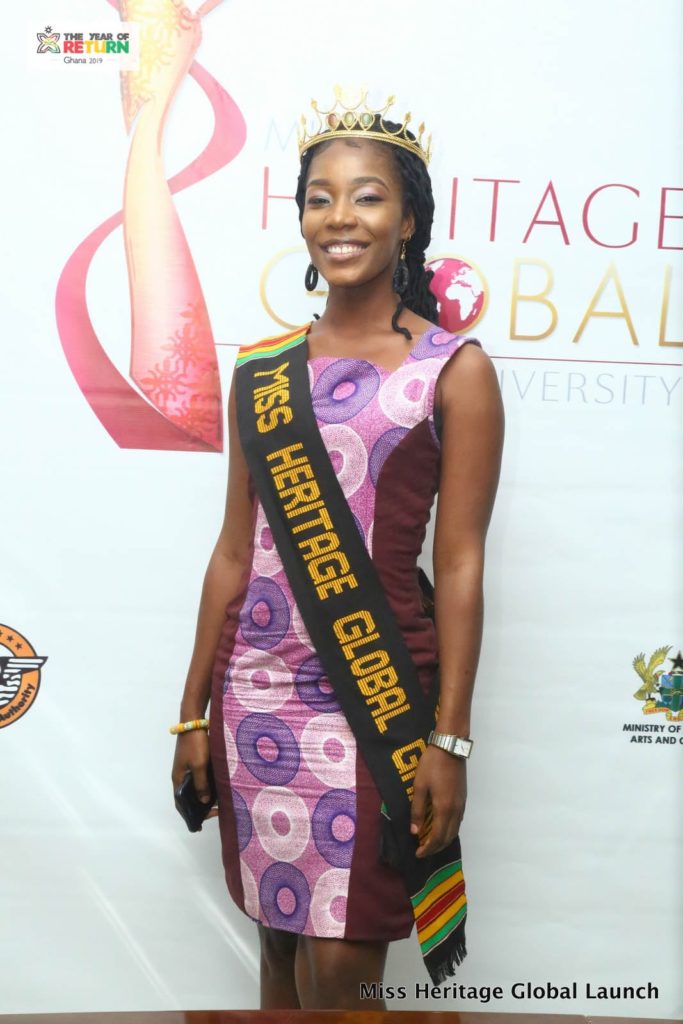
Miss Heritage Global was previously held in Zimbabwe and South Africa. When asked why the move to Ghana Phiri said, “Because Ghana is one of the countries on the continent that has managed to keep its culture intact. When you come to Ghana you immediately see that the local culture has been brought into the new century with all the modern cultures that have been brought from the rest of the world, but Ghana’s culture still stands through. You see the pride in the people,” she said. “We wanted a country that would really give the contestants an African experience…and with this year being the ‘Year of Return’ in Ghana, it was a great time to make the move.
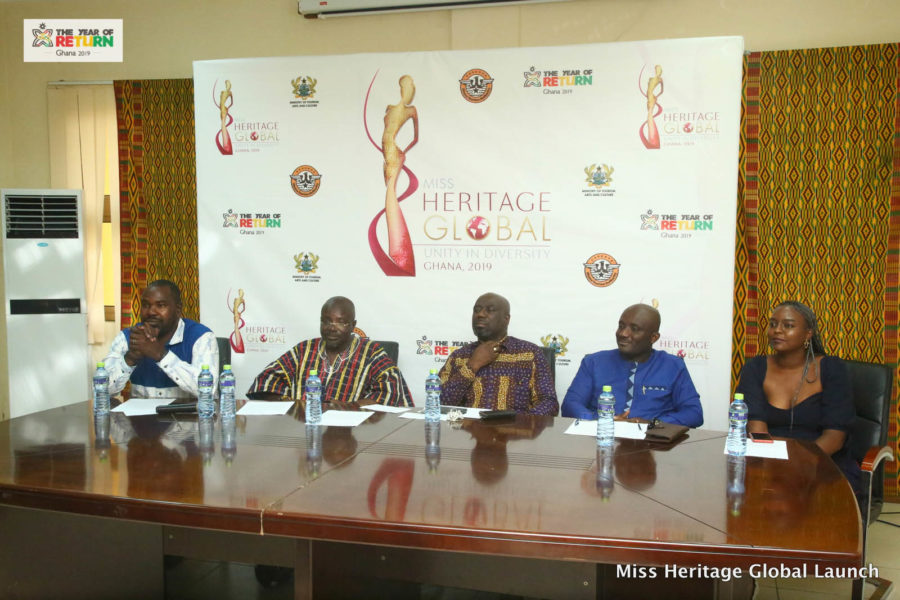
The official launch took place at the Ghana Tourism Authority Headquarters on 10thJuly 2019, and the MC for the event was Nana Amperibea Boadu, from the Year of Return Secretariat, which is located at the Accra Tourist Information Centre. Present for the media launch were key partners in supporting the upcoming event in Ghana. Mr. Akwasi Agyeman, CEO of Ghana Tourism Authority and Coordinator for Year of Return, Mr. Akwasi Ababio, Director of Diaspora Affairs, Office of the President and Chairman for Year of Return, Mr. Kwadwo Antwi, CEO of Ghana Tourist Development Company, and Diallo Sumbry, Founder The Adinkra Group and Member of the Year of Return Steering Committee were all at the high table to lend their voices to the exciting event and what it means for Ghana and Year of Return.
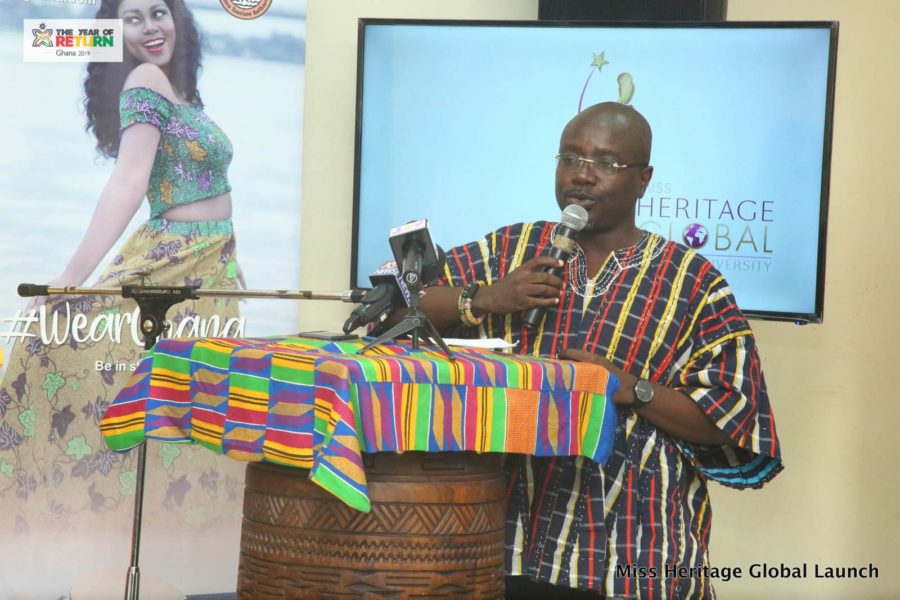
There will be 55 contestants representing different countries from around the world. They arrive in Ghana on 10thof August and the main event takes place on 20thAugust at the Accra International Conference Centre. This gives the ladies a 10-day experience in Ghana and puts pressure on our own Eugenia Abotsi, Miss Heritage Global Ghana 2019, to be the perfect host of her home country. “I’m excited because I get to share the culture of Ghana with the entire world,” she said. “I’m excited because if I’m able to sell Ghana well to the other contestants it means that when they go back to their various countries, they can continue to sell Ghana to others.”

When Agyeman gave his closing remarks he spoke of how having the pageant in Ghana during this year of return was the perfect time. “Our arms are wide open to everybody to return to Ghana,” he said. “Ghana is the centre of the world and so the centre represents the coming together of different people of different races and different tribes as one people. That is what we are about.” He thanked the media and bloggers for being there to share the event with the masses. JoyPrime will be airing the competition on its channel. Nana Yaa Sarpong, Channel Manager was there and pledged the commitment they will make to promote the pageant on their TV station along with some of their partner radio stations with Multimedia.
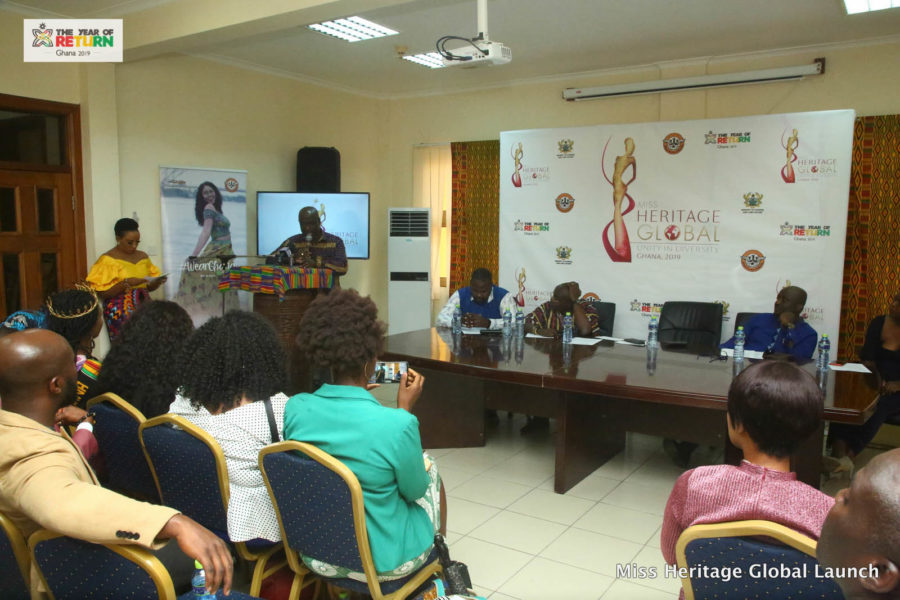
Miss Heritage Global was founded in 2013 for the purpose of promoting the preservation of our global heritage and to create an environment of culture sharing to inspire tolerance as more communities are becoming diverse around the world. This year’s event is in partnership with Ghana Tourism Authority and The Ministry of Tourism Art & Culture. The main event takes place on 20thAugust and will also feature performances from some of Africa’s biggest entertainers. For more information and the full list of participants visit www.missheritage.organd follow all their social media platforms @missheritageglobal.
Written by Ivy Prosper
Ghana reduces visa fees on arrival for ‘The Year of Return’
The government of Ghana has reduced visa fees on arrival for “The Year of Return, Ghana 2019”. The fee is reduced to $75 from the initial $150. The move is to allow for many people living in the Diaspora to participate in the various activities for the programme.
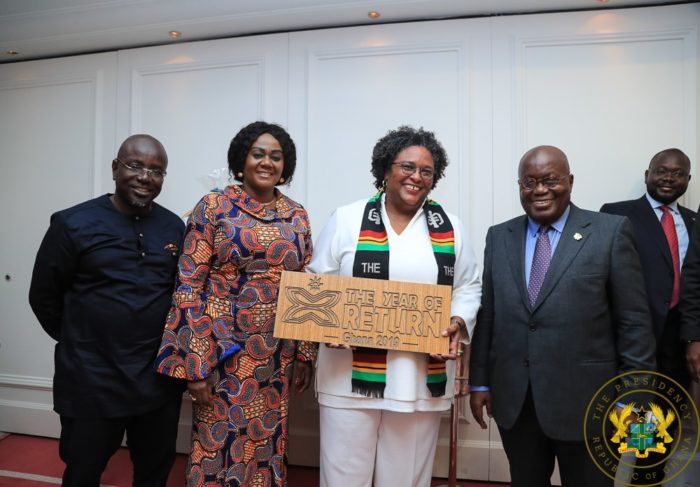
The Deputy Minister for Foreign Affairs and Regional Integration, Charles Owiredu, made the revelation while speaking to the Diplomatic Corps on the programme in Accra.
He said, “Our Missions’ abroad are liaising with Ghanaians associations, airlines, etc to work and make it relatively easy and convenient for those travelling to Ghana to participate in the programmes of “The Year of Return, Ghana 2019.”
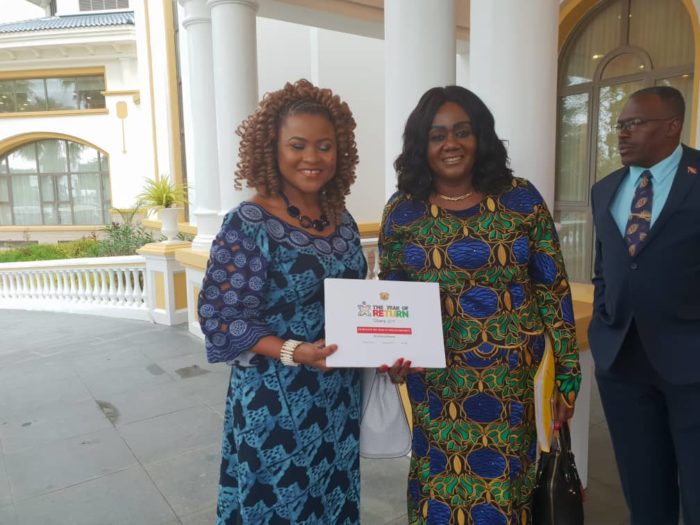
“The Government of Ghana is also in the process of working to have visa agreements with some countries such as those in the Caribbean where the Diaspora total number is quite significant. This year, for instance, the government of Ghana and Jamaica established a visa-free agreement where nationals of each of the two countries do not need a visa to travel to the countries,” he stressed.
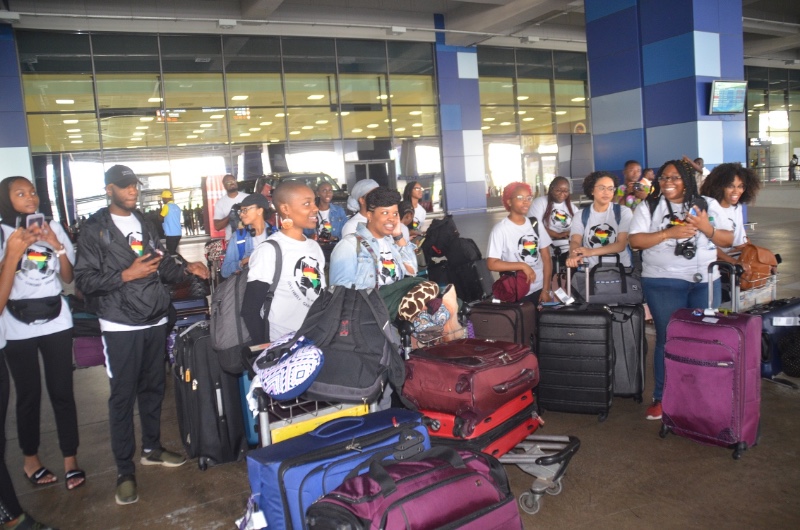
The deputy minister further noted that in line with President Akufo-Addo’s vision of a “Ghana Beyond Aid”, the engagement of the Diaspora remained a major development programme of the government.
“With its democratic credentials, rule of law and the stability of the country, Ghana intended to serve as a pacesetter for welcoming their own back to their roots and to provide for assimilating them into the Ghanaian society in particular and African societies in general,” he said.
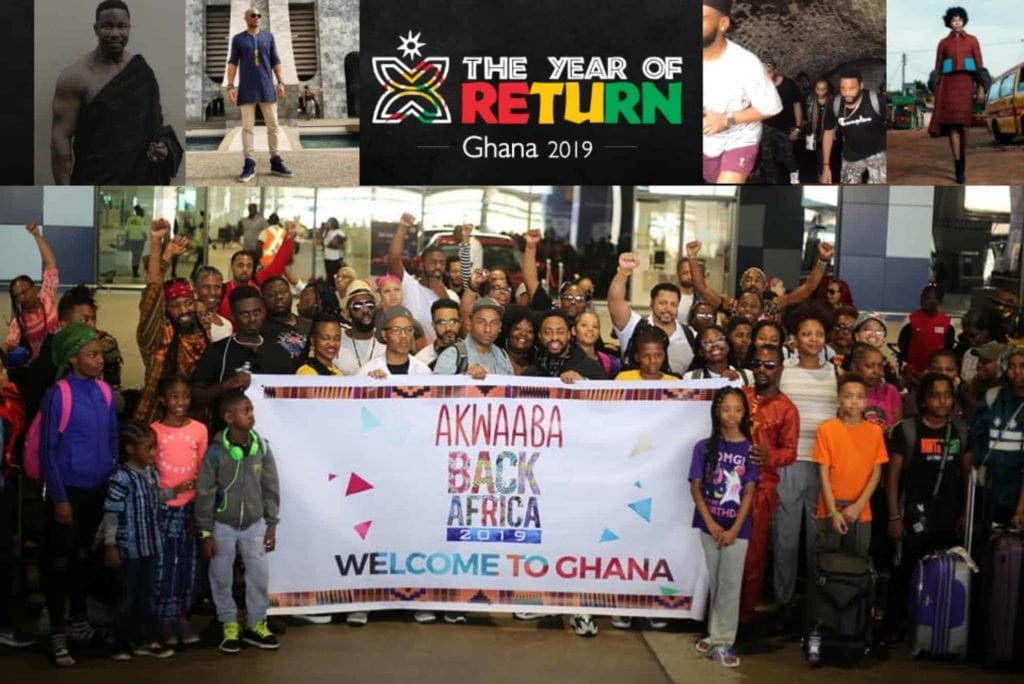
The year-long event which commenced at the beginning of this year is a major landmark spiritual and birth-right journey inviting the Global African family, home and abroad, to mark 400 years of the arrival of the first enslaved Africans in Jamestown, Virginia.
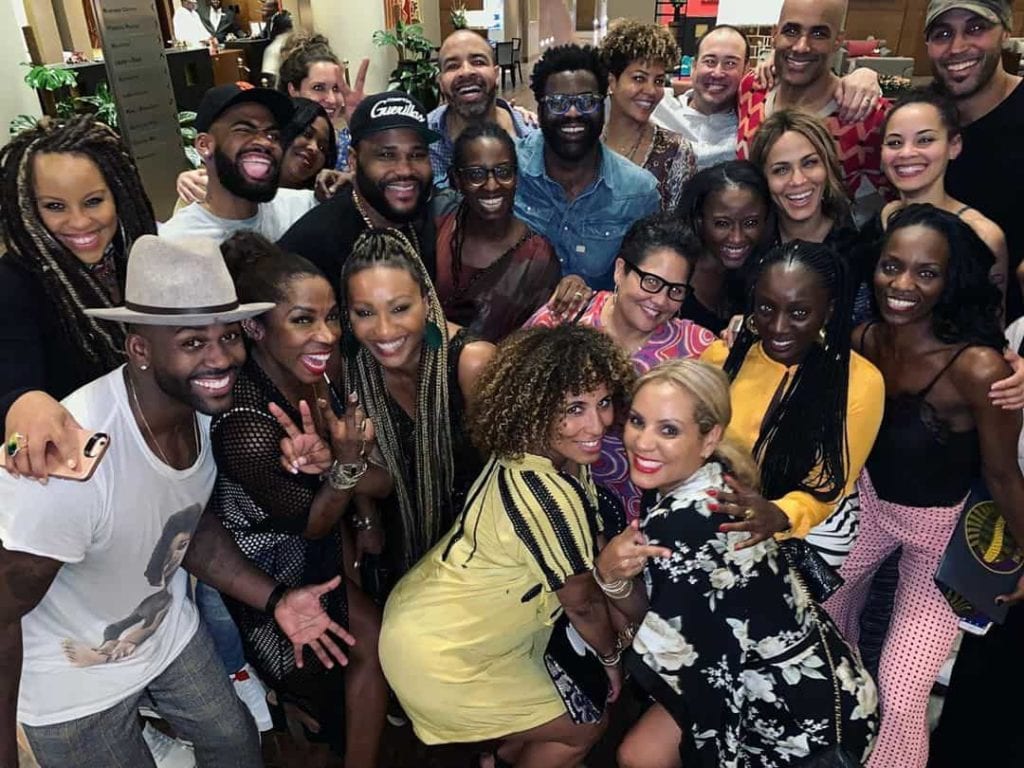
The program also aims at celebrating the cumulative resilience of all the victims of the Trans-Atlantic slave Trade who were scattered and displaced through the world in North America, South America, the Caribbean, Europe and Asia.
Source: myjoyonline
#yearofreturn #ghana #letsgoghana #brafie #ghana2019 #visitghana #diaspora #Africa #yearofreturn2019 #travel #accra #african #travelnoire #culture #theyearofreturn
Year of Return: Virgin-islands Senators Open the Floor to Culture
Bills the Senate had passed recognizing the importance of the culture and heritage of the Virgin Islands were read, but it was song, dance and poetry that brought Earle B. Ottley Legislative Hall on St. Thomas alive during the morning celebration that ran into the afternoon. Viewers of the performances on its live broadcast on Facebook said the performances brought tears to their eyes.
The Ulla F. Muller Elementary School Bamboula Dancers accompanied by drummers danced in the Senate Chamber and brought comments on Facebook about how beautiful the performance was. So did the dance performance by Earth Mamas Pan African Dance Company. The third dance performance was by Empresses Addaliah and Atiyah Potter.
The program was tied together with a sober theme. It commemorated the men, the women and the children who were yanked from their West African homes and sold into slavery so a profit-crazed minority could make larger profits. A PBS video was played, “Why Did Europeans Enslave Africans?”
The video illustrated how slavery was about making a profit for slave owners and how slavery evolved into racism.
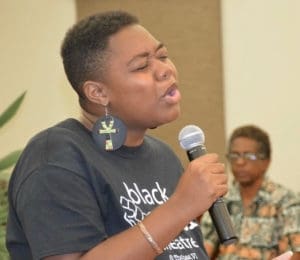
Jackson told some of the story of Virgin Islander’s ancestors.
“They fought, they were thrown overboard, they were eaten by sharks, they gave birth, they died,” he said. Most Virgin Islanders have the blood of the survivors “running in our veins,” he said.
The connection between Ghana and the Virgin Islands’ past and present families was emphasized
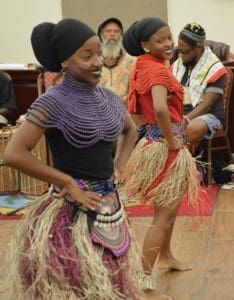
From Ghana, Alex Quaison-Sackey spoke about the connection. He is related to the first black African to serve as president of the United Nations General Assembly. Virgin Islander Myron Allick, representing the Sackey Family, spoke of that family’s connection to Ghana. He proposed an exchange program between Ghana and the Virgin Islands – 25 Virgin Islanders going to Ghana and 25 students from Ghana coming to the Virgin Islands. He suggested Carlsberg Brewery, which brews Elephant, a popular beer for Virgin Islanders, as a sponsor for the exchange.
Assata Afua, director of Black Power Theater, recounted her visit to Ghana and said when she returned, “I came back to St. Thomas my shoulders back a little further and my head a little higher.”
The first slave ship arrived in Jamestown in 1619. Jackson said that the settlers of Jamestown had stopped in the Virgin Islands on their way to settle Jamestown in 1607. He said. “The Virgin Islands are linked to this story, a world story.”
A Dutch ship named Desire delivered the 20 enslaved Africans to Jamestown. Some historians estimated that more than 7 million slaves were taken from Africa in the following century.
Jahwed David read a poem recalling the words of Maya Angelo “I am the hope and dream of slaves.”
Behind the speakers in the Senate Chambers was a large portrait of Edward Wilmot Blyden, widely known as the father of Pan-Africanism. He was born on Saint Thomas in 1832. He migrated back to Africa where he became a political figure.
Emancipation Day – July 3 – commemorates the day in 1848 when 9,000 enslaved Africans on St. Croix demanded their freedom, forcing Gov. Peter von Scholten to declare, “All unfree in the Danish West Indies are from today emancipated.”
Source: St. John Virgin Islands
What You Need to Know Before Arriving in Accra for ‘Year of Return’
Written by Ivy Prosper
You’ve booked your trip to Accra. Now the countdown begins. As you prepare to travel to Ghana there are a few things you will need to know for your arrival. If this is your first time coming to Ghana or even landing on the continent of Africa, you’re in for quite an experience.
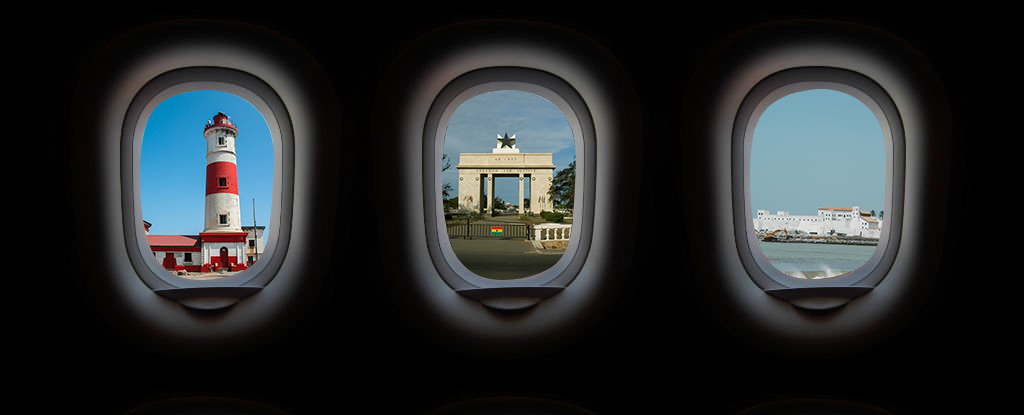
The city of Accra if a vibrant, eclectic mix of people from diverse backgrounds. As the capital city of Ghana, it’s much like many other major metropolitan centres in that people from small towns and communities across the country move there in hopes of greener pastures. The result is the hustle and bustle of a big city that’s crowded and often choked with traffic at peak times of the day.
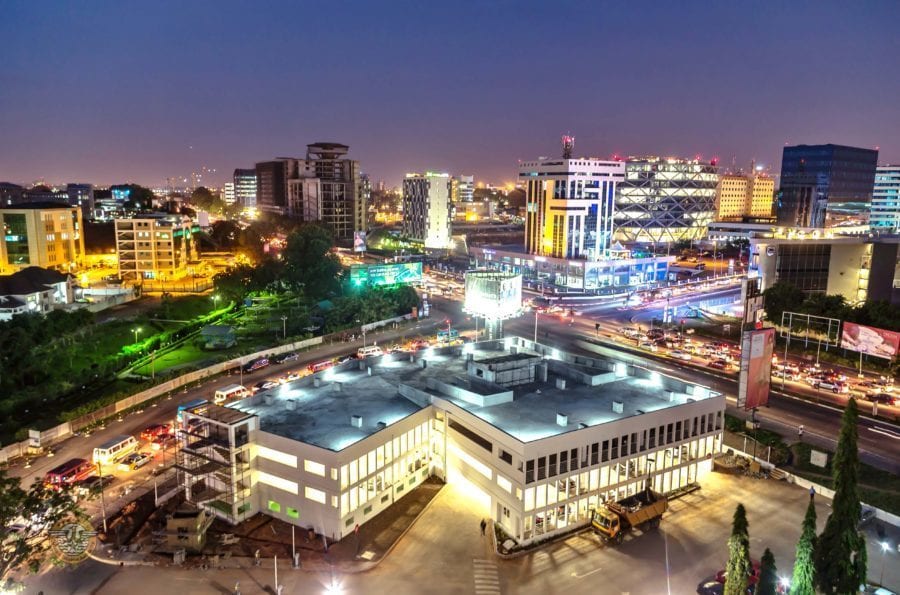
Because of the diversity in its people, there are various cultural practices people maintain from their communities even though they are in Accra. The city is historically the dwelling place for people of the Ga tribe. Their language, Ga, is spoken by many in Accra, especially in Accra Central and Jamestown. However because of the migration of many people from the Akan tribes (this includes Ashanti, Akuapem, Akwamu, Akyem, Fante) into Greater Accra, the Twi language, has become a dominant one spoken by many people in Greater Accra. In fact, that language has become so commonplace that it’s spoken by some even in regions where it’s not the native language.
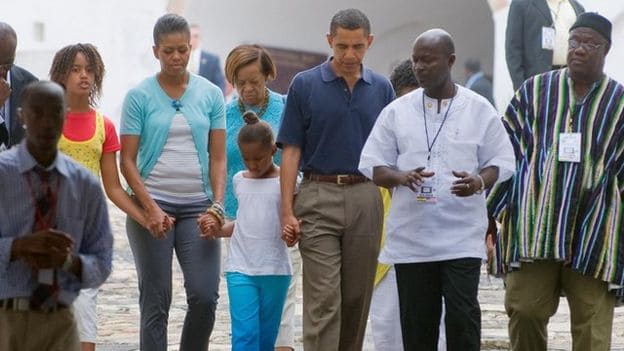
Despite the many groups in Greater Accra, because English is the official language of Ghana, nearly everyone speaks it, so as a tourist you will be able to manage. Although you will frequently come across those who speak a local slang often called ‘Pidgeon English’. This is spoken widely in Ghana and you’ll also find it in Nigeria.
Cultural Nuances
Anytime you travel to a new country, there are a few things you need to know. Ghana isn’t much different. So here are some important things to note for your stay in Ghana.
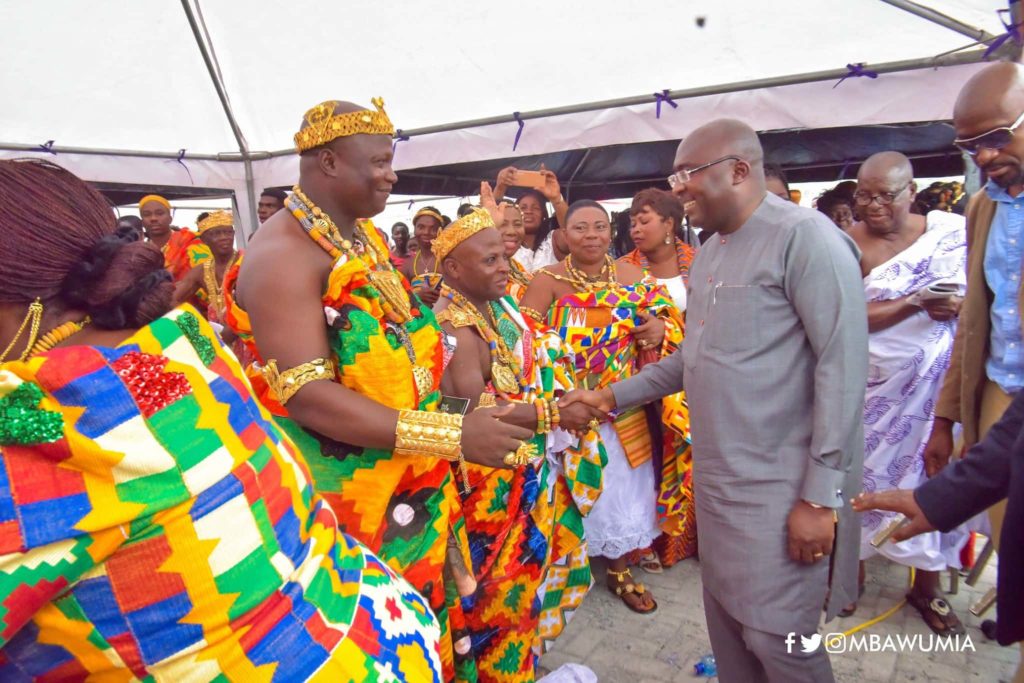
Akwaaba – This means ‘Welcome’ in the Akan language. It’s commonly used across Ghana as a welcome greeting. As a visitor, you will often hear people say this to you when you visit places for the first time.
Thank You – Thank You in the Akan language is ‘Medaase’. This is one of Ghana’s most common words used to show appreciation.

The Use of Left Hand – In Ghanaian Culture, giving and receiving items is done only with the right hand. For example is you are making a purchase, you are expected to hand the money using your right hand to the individual. When using your left, you will hear an apology. “Sorry for left,” is commonly said when someone hands you something with a left hand.
The reason is that culturally it’s believed the left hand is unclean since it’s supposed to be used to clean up after visiting ‘nature’s call’. So using the left is considered disrespectful by many.

Please – The word “please” is used quite often in Ghana. It may come across as over-gratification when you hear it so often, but in Ghana it’s considered respectful to use ‘please’ in many scenarios. It’s often, “Yes, please” or “No, please” when answering questions.
Occasionally it’s used in conversation when addressing someone to show a sign of respect.
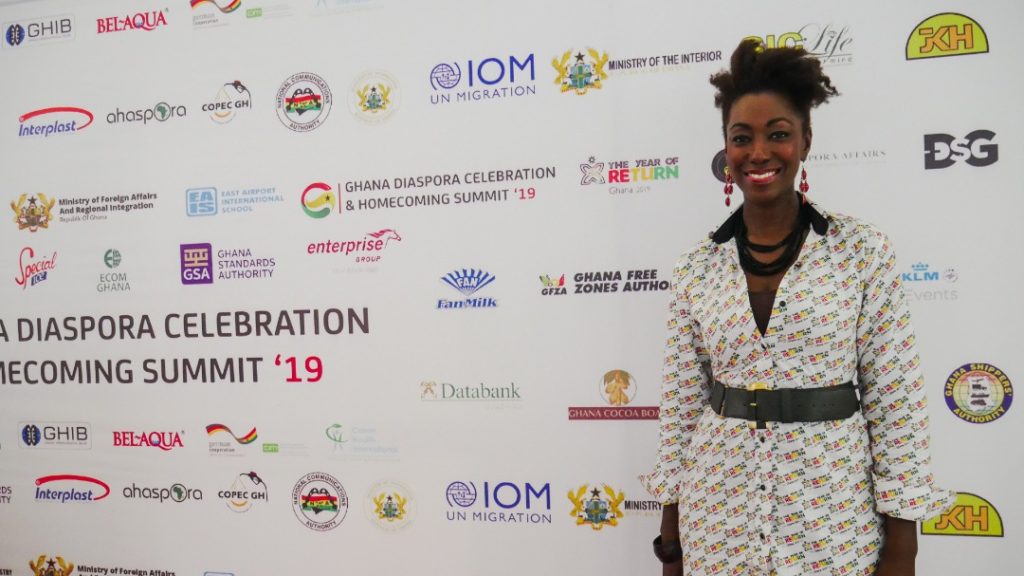
These are just a few things you’ll need in preparation for your trip to Accra, Ghana. Pay attention to cultural cues and if you’re not sure, don’t be afraid to ask. Ghanaians are quite friendly and open to conversation with travellers. Enjoy your stay!
Inside Ghana’s Elmina Castle is a haunting reminder of its grim past
Source: Tanni Deb, CNN and Segun Akande, for CNN (CNN Africa)
Across Africa, from the north of the Sahara to the West African coast sit many relics of the continent’s early interactions with Europe.
‘A dark history’
See more stories from Inside Africa and share your thoughts with us on Facebook, Twitter and Instagram
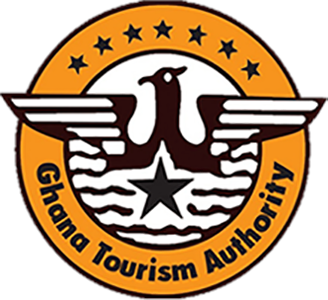

 Call Center
Call Center
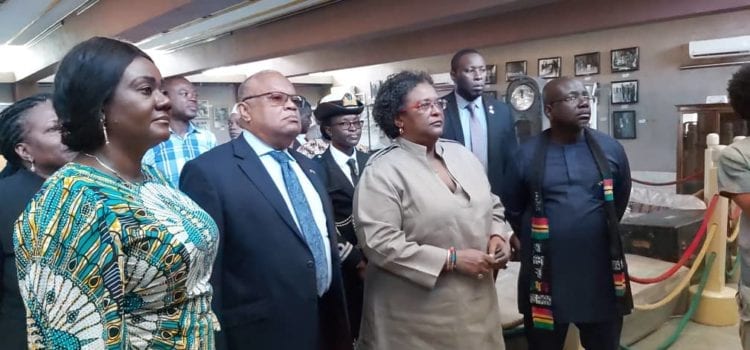
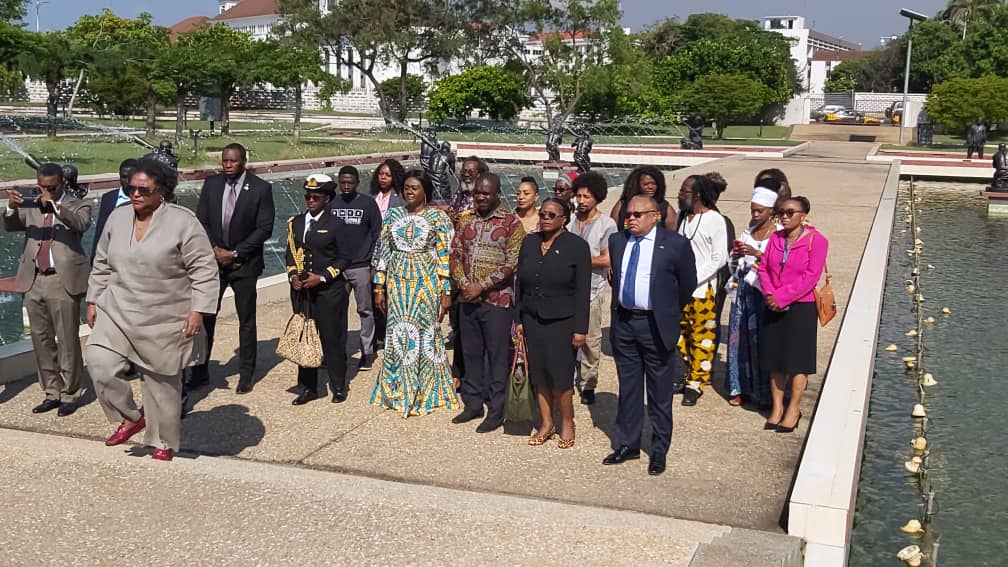
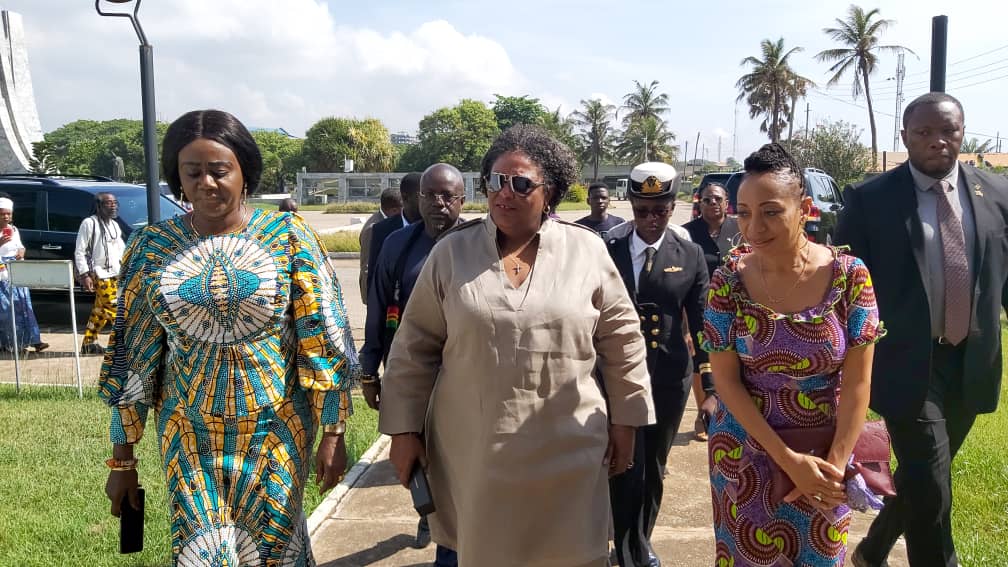
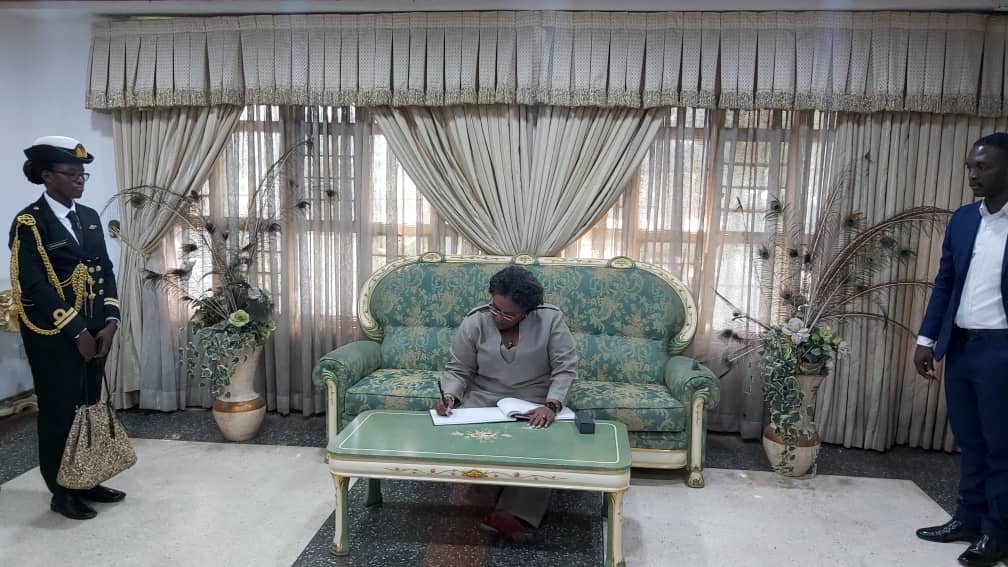
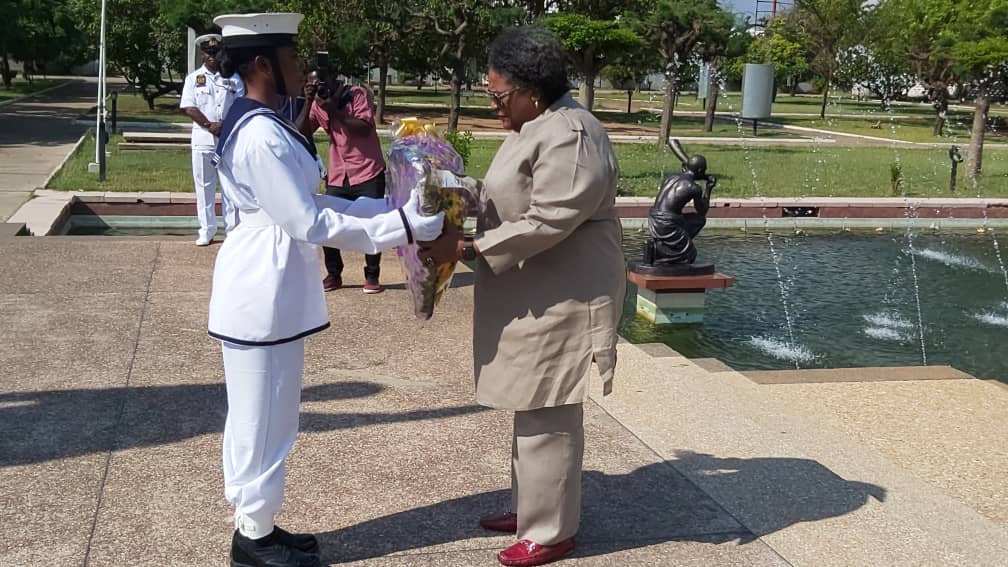

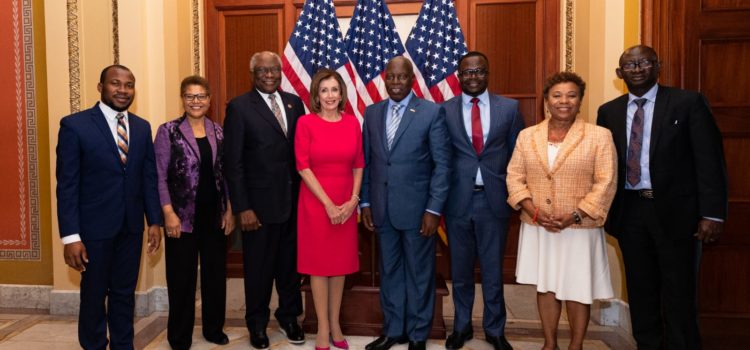
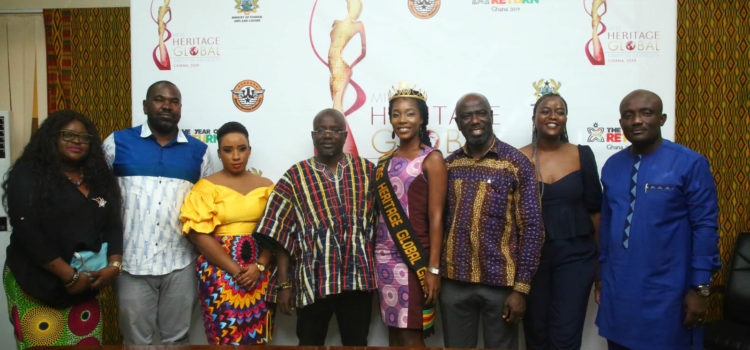
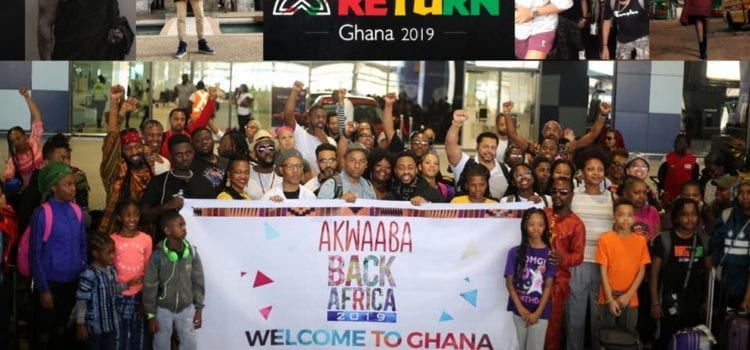
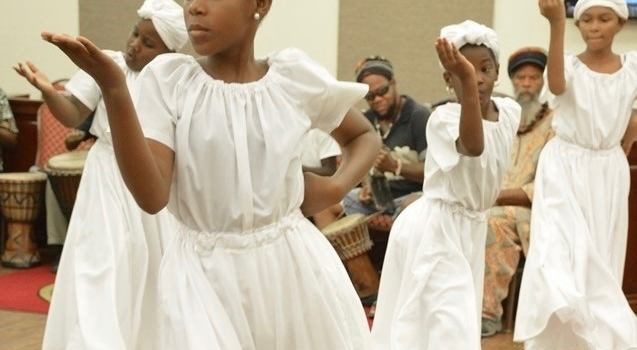
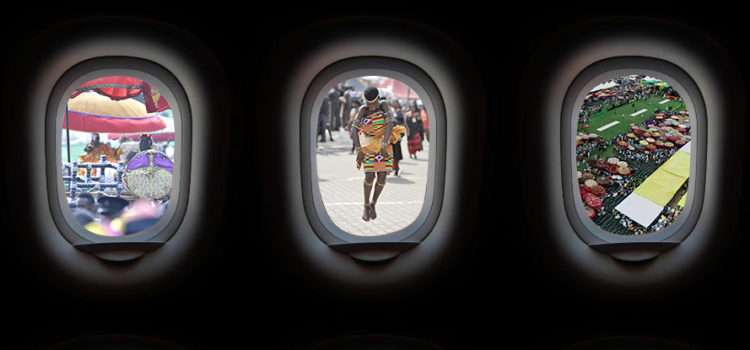
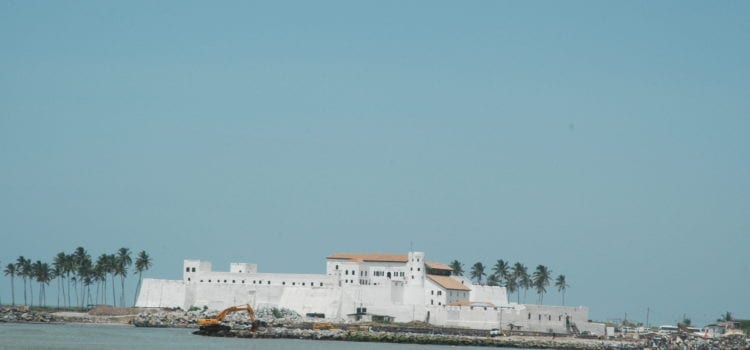
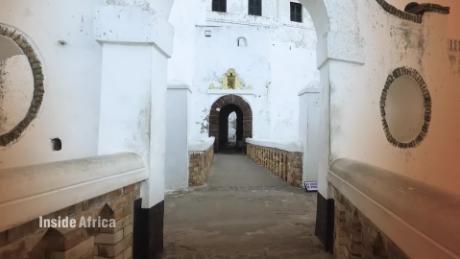
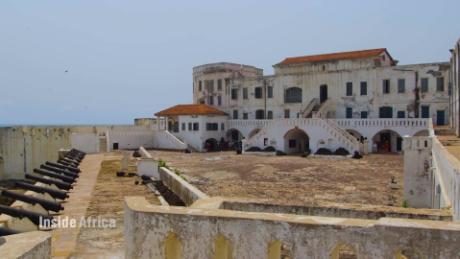
 Call Center: 0307007100
Call Center: 0307007100